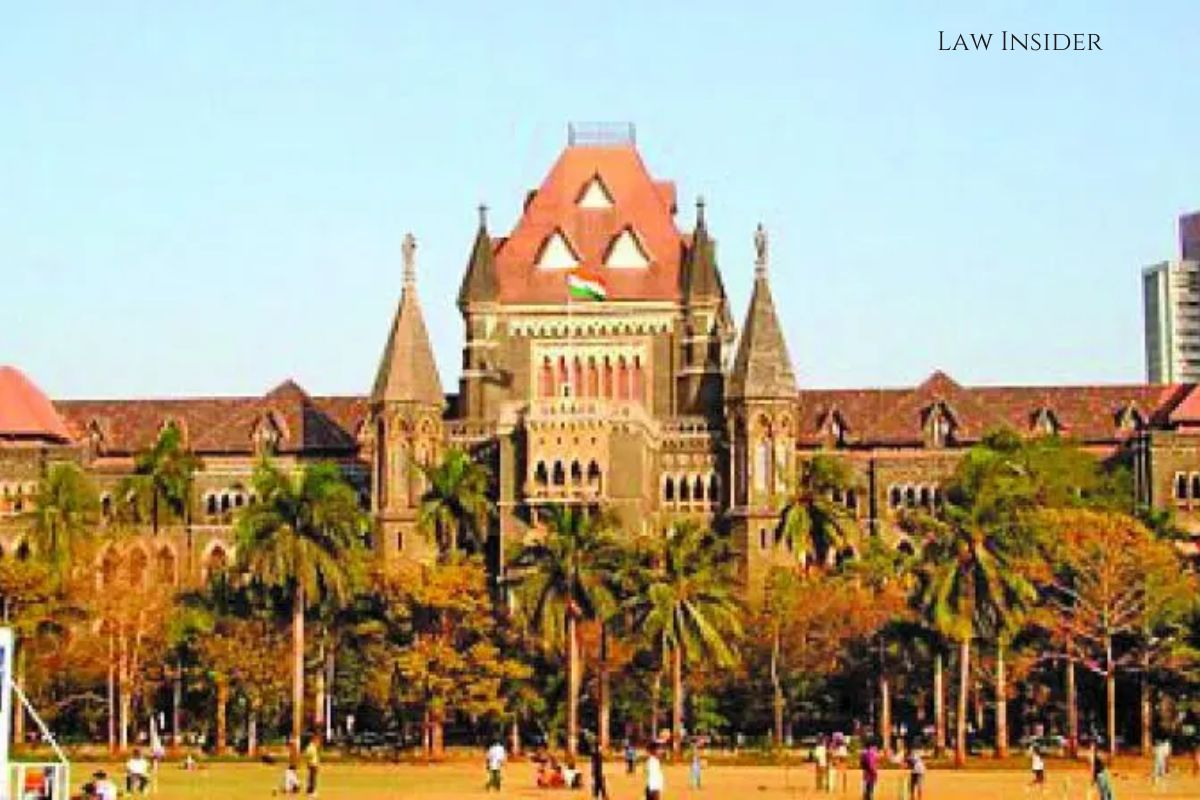LI Network
Published on: December 11, 2023 at 11:45 IST
The Bombay High Court has upheld the eligibility criteria set by the Directorate of Sports and Youth Services for the position of Sports Coaches.
The court, presided over by Justice GS Kulkarni and Justice Jitendra Jain, dismissed a writ petition challenging the advertisement that allowed degree holders in Physical Education and State-level sportspersons to vie for Sports Coach positions.
The petition, filed by sports coaches Dadaso Balaso Awad and Yogesh Prakash More, argued that only diploma holders from the Netaji Subhash National Institute of Sports (NIS) should be considered for the coaching roles. However, the court emphasized that it cannot dictate eligibility conditions and refrained from intervening in matters of equivalence and non-equivalence.
Quoting the court’s decision, “This Court cannot lay down the conditions of eligibility, much less can it deal with the issue of whether the desirable qualifications are on par with the prescribed other qualification. This would amount to re-writing the advertisement by the Court which is not permissible.”
The petitioners contended that the advertised qualifications were arbitrary and discriminatory, advocating for eligibility only for diploma holders and international or national sportspersons.
They argued that there was a disparity between candidates with a Bachelor of Physical Education (BPE) and those with a diploma in Sports Coaching from NIS.
The court acknowledged the disparity argument but asserted that the Directorate of Sports and Youth Services, as an expert body, had the authority to decide qualifications based on the needs of the employer and the nature of the work.
The judges highlighted the importance of not substituting the court’s decision for that of the employer, emphasizing the deference to the expertise of the Directorate.
The state defended its stance, asserting that the qualifications were determined by sports authorities considered experts in the field, and judicial interference was unwarranted.
The court noted that the petitioners did not challenge the decision-making process but rather the decision itself, maintaining that the Directorate had the jurisdiction to prescribe qualifications.
Citing precedents such as Anand Yadav v. State of Uttar Pradesh and Ors., the court emphasized the principle that matters of education should be left to experts, and judicial review must proceed cautiously. Consequently, the court dismissed the petition, finding no merit in the contentions raised by the petitioners.

